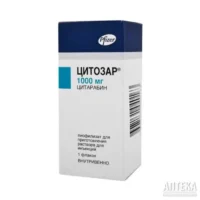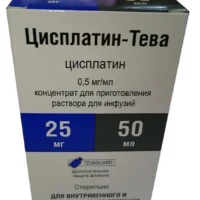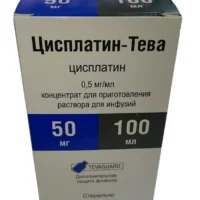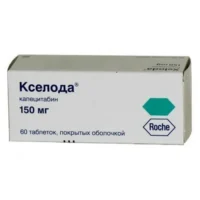Description
Navirel (Vinorelbine) Infusions
Ingredients:
- Active ingredient: Vinorelbine
- Inactive ingredients may include mannitol, sodium chloride, and water for injection.
Dosage:
- The recommended dosage: The dosage of Navirel (vinorelbine) infusions is individualized based on the patient’s condition, weight, and overall health.
- It is typically administered intravenously over a specific period as directed by a healthcare provider.
Indications:
- Navirel (vinorelbine) infusions are indicated for: the treatment of various cancers, including non-small cell lung cancer and breast cancer.
- It works by interfering with the growth and spread of cancer cells in the body.
Contraindications:
- Do not use Navirel (vinorelbine) infusions if:
- – You are allergic to vinorelbine or any other ingredients in the infusion.
- – You have a low level of white blood cells or platelets.
- – You have severe liver or kidney problems.
Directions:
- Follow the healthcare provider’s instructions: Navirel (vinorelbine) infusions should only be administered by healthcare professionals in a clinical setting.
- It is important to follow the specific dosing schedule and any additional instructions provided.
Scientific Evidence:
- Navirel (vinorelbine) infusions have shown significant efficacy in clinical trials for the treatment of various cancers.
- Studies have demonstrated its ability to inhibit cancer cell growth and improve patient outcomes.
- Research published in the Journal of Clinical Oncology highlighted the positive impact of vinorelbine in combination therapy for advanced breast cancer.
Additional Information:
- Pharmacological effects: Vinorelbine works by disrupting microtubule formation in cancer cells, leading to cell cycle arrest and ultimately cell death.
- This mechanism makes it an effective treatment option for certain types of cancer.
- Comparative effectiveness: In comparative studies, Navirel infusions have shown comparable or superior efficacy compared to other chemotherapy agents in the treatment of lung and breast cancers.
- Its favorable safety profile and manageable side effects make it a valuable option in cancer therapy.





